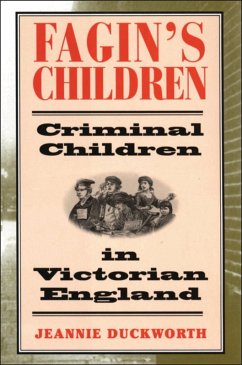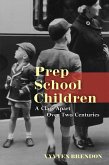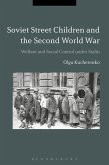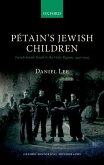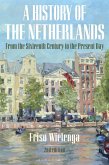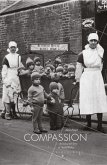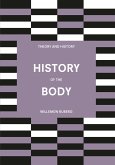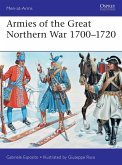Charles Dickens's Oliver Twist, with Fagin, Sykes, the Artful Dodger, and children trained as pickpockets and sent out as burglar's accomplices, provides an unforgettable fictional image of the Victorian underworld. Fagin's Children is an account of the reality of child crime in 19th-century Britain and the reaction of the authorities to it. It reveals both the poverty and misery of many children's lives in the growing industrial cities of Britain and of changing attitudes toward the problem.
Inevitably most is known about children who were arrested. While few children were hanged after 1800, their treatment ranged from whipping to imprisonment, sometimes in the hulks, and transportation. Increasingly, elements of training and reclamation came into a system principally aimed at punishment. Fagin's Children is an original and important contribution both to the history of Victorian crime and to the history of childhood.
Inevitably most is known about children who were arrested. While few children were hanged after 1800, their treatment ranged from whipping to imprisonment, sometimes in the hulks, and transportation. Increasingly, elements of training and reclamation came into a system principally aimed at punishment. Fagin's Children is an original and important contribution both to the history of Victorian crime and to the history of childhood.

